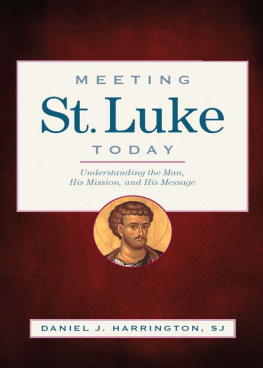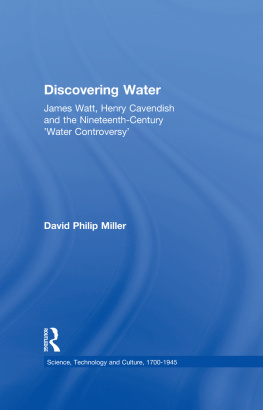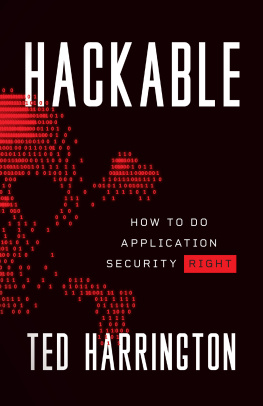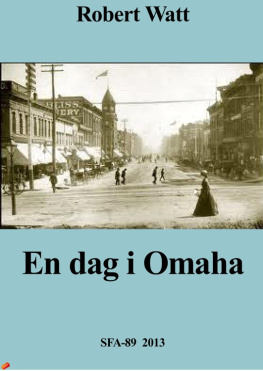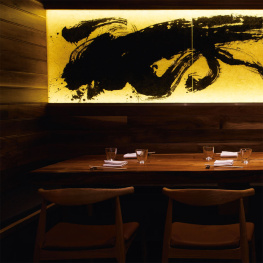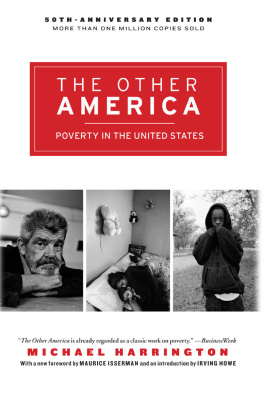P REFACE
What is fundamentalism? What do fundamentalists believe? What do they do? What can we do to keep fundamentalists from obstructing human progress?
Americans have been discussing these questions since 1920the year in which the word fundamentalist first entered the English language. Their attempts to answer them are the focus of this book. Antifundamentalism traces how the meaning of fundamentalism has changed over time and explores how the label fundamentalists came to be assigned to a great many people who were sure that they were not, in fact, fundamentalists. It explores Americans fears about the destructive power of religion and their efforts to distinguish good religious practices from dangerous ones.
In July 2006, Salim Chowdhury and I hired a cycle rickshaw to take us from the University of Dhaka to the headquarters of Jamaat-e-Islami, at that time part of the coalition that governed Bangladesh.
The building that served as the partys headquarters was not in an exclusive neighborhood and it was not especially large; it seemed to consist of only eight or nine rooms. The file cabinets, desks, chairs, and couches with which the office was furnished were not at all flashy: they looked like the sort of furniture one might find in a middle-class home or in a history department of a university that did not have a great deal of money. The posters that served as decorations for the walls carried slogans that were meant to be inspirational. Some of the posters were slightly tattered. To me, the headquarters of Jamaat-e-Islami seemed quite modest. It was an attractive enough place, but it certainly was not majestic or awe-inspiring. Given that Jamaat-e-Islami was, in the summer of 2006, one of the more powerful political parties in one of the most populous nations in the world, its offices were remarkably unpretentious.
Chowdhury, who taught in the University of Dhakas Department of World Religions, introduced himself to the dozen or so men who were working in the front offices of the building. Then he introduced me and told them that I was in Bangladesh to deliver some lectures. The men all seemed genuinely happy to see Chowdhury and me, and they all seemed eager to make sure that we felt like welcome guests. We exchanged pleasantries and then made the ritualistic exchange of business cards that seems to be a part of all meetings in Bangladesh. After the exchange of cards, Chowdhury and I were ushered into the study of one of the most powerful and learned of Jamaat-e-Islamis leaders, a man named Bashir Khan. After a few minutes, Khan entered the room, greeted Chowdhury and me warmly, and arranged to have us brought water to drink and slices of mango to eat.
Khan was a handsome man with a pleasing voice. His manners were impeccable. And he was also remarkably intelligenta good deal more intelligent than most of the American politicians I have met. Khan knew a great deal about many topics and he was a wonderful conversationalist. He talked to Chowdhury for a while in Bangla about matters that did not concern me and then politely asked why I had wanted to meet with him. I told him that between giving my lectures, I was trying to learn as much as I could about Bangladeshi religion and politics and that I had been repeatedly struck by the fact that many people I had met during my travels had very strong views concerning Jamaat-e-Islami.
That was actually something of an understatement. Jamaat-e-Islami is strongly committed to refashioning Bangladeshi culture and society so that they will conform more closely to Muslim ideals, and it actively works toward Bangladeshs transformation into an Islamic Republic whose laws are based solely on the Quran and Sunnah.
During the course of our meeting, Khan explained why so many of the leaders of Jamaat-e-Islami had fought against the creation of an independent Bangladesh. He also told Chowdhury and me about what would happen to the millions of Hindus who live in Bangladesh if Jamaat-e-Islami succeeded in putting the policies it advocated into effect; he claimed that Jamaat-e-Islami was deeply committed to making sure that Hindus were treated with respect. Khan, Chowdhury, and I also talked about socialism, about the American political scientist Samuel Huntington, and about the doctrine of the trinity. (Khan was pleased to learn that I was not a Trinitarian.) We also talked about what gets lost when the Quran is translated from Arabic into English and about the ideas of Sayyid Qutb, the Egyptian intellectual from whom Osama bin Laden derived some of his ideas. Everything that Khan had to say about these various topics was interesting to me. But there was one point in the conversation in which Khans remarks took me entirely by surprise. That came when Khan warned me that it would be a terrible mistake for me to think that the members of Jamaat-e-Islami are fundamentalists. They are nothing of the sort, he asserted. If one began ones analysis of Jamaat-e-Islami by labeling it as an expression of fundamentalism, Khan said, one could never begin to grasp the true nature of the movement.
In point of fact, it never would have occurred to me to describe Jamaate-Islami as a fundamentalist organization. Of course, I knew that there were many people in the world who had fallen into the habit of speaking about Islamic fundamentalism and that the hallmarks of that phenomenon were sometimes said to be a hostility to feminism, democracy, and modernity. And I knew that some social scientists had said that fundamentalism is a discernible pattern of religious militance by which self-styled true believers attempt to arrest the erosion of religious identity, fortify the borders of the religious community, and create viable alternatives to secular institutions and behaviors. The members of Jamaat-e-Islami do not embrace that set of doctrines, they are not Protestants, and they are not Americans. Nor have they been influenced, in any direct way, by American fundamentalists. Given all that, it seemed clear to me that it would be wildly anachronistic to assign the fundamentalist label to that organization. Khan obviously thought so too. Nevertheless, he seemed to think that there was a good chance that I was going to assume that he and the other members of Jamaat-e-Islami were fundamentalists, and he wanted to make sure that I did not make that erroneous assumption.
Khans suspicion was well founded: nearly all Americans believe that fundamentalism is noxious. But most of us do not have a clear understanding of what fundamentalism actually is. When we are asked precisely what we mean when we are talking about fundamentalism, we have a difficult time giving a coherent response. When asked that question, Americans have a tendency to say something about extremism or a hostility to feminism or a rejection of the modern world and then go on to declare that although it is difficult to define fundamentalism with any exactitude, it is not at all hard to have a general sense of what it is and of the threats it poses to people like us. Nearly all Americans believe, as Barack Obama asserted in 2004, that the embrace of fundamentalism dooms us all.
Obamas assertion can be seen as an example of a phenomenon that is referred to as antifundamentalism in the pages of this book. As I understand it, antifundamentalism is a set of conversations (literal and metaphorical) that began in the 1920s and that have continued to the present. People who have engaged in those conversations are asking the four questions with which this preface began. They were trying to figure out what fundamentalism is and what fundamentalists do. But they were doing more than that. They were also trying to assess the threats that fundamentalists pose to human progress, and they were attempting to determine the best ways to respond to those threats.




